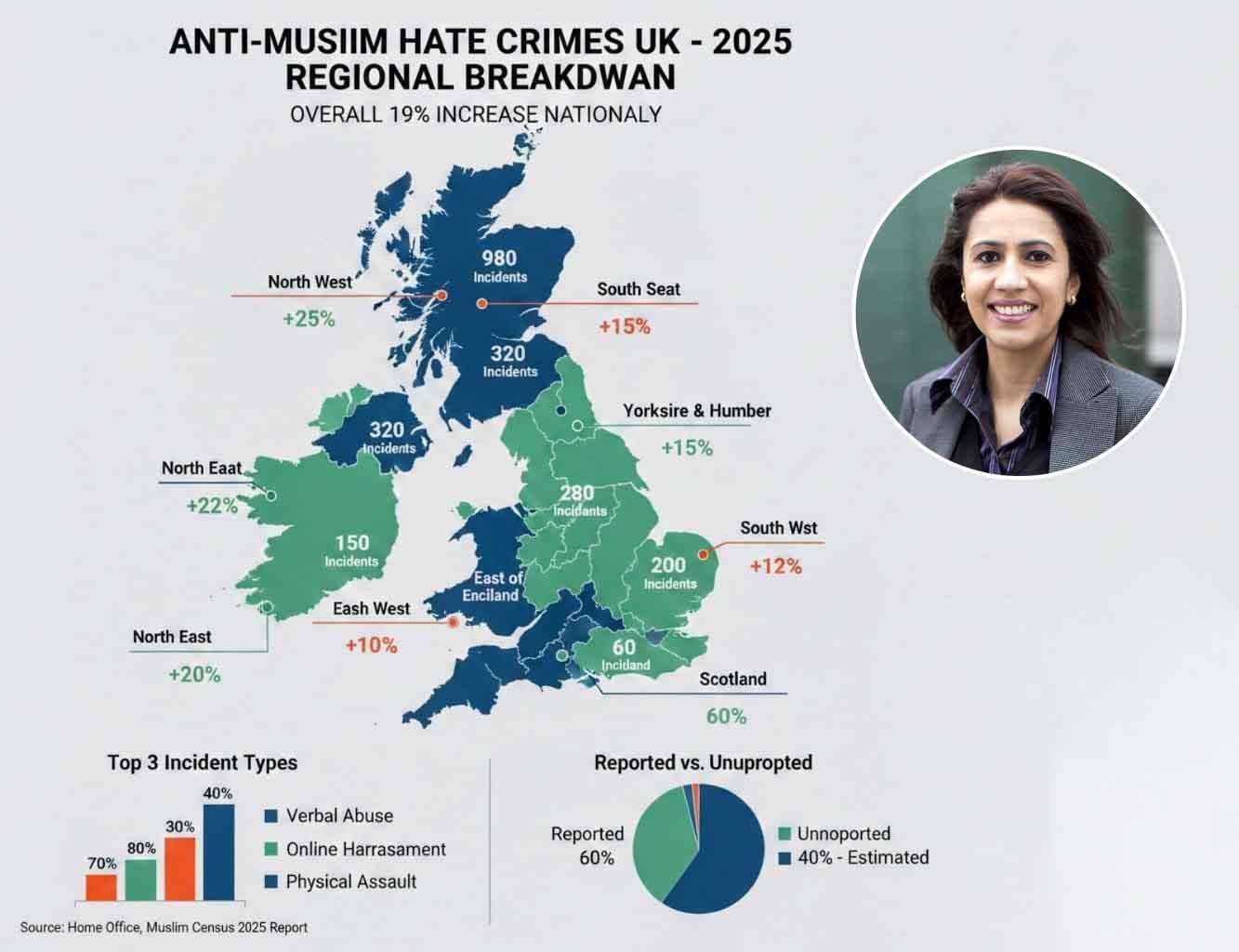The profound failure of the iconic Ben & Jerry's to introduce a 'pro-Gaza' solidarity ice cream—a flavour specifically designed to call for permanent peace, human rights, and dignity for the Palestinian people—stems entirely from the corporate tyranny and commercial interests of its parent company, the multinational giant Unilever. Despite the flavour receiving approval from the independent Ben & Jerry's board, an entity contractually obligated to safeguard the brand's social mission, Unilever's management decisively exercised a veto that amounted to a calculated act of censorship.
Unilever's official explanation was a carefully worded dismissal, stating that "management has determined it is not the right time to invest in developing this product." This statement, however, is merely a veil for the true reason: the company's fear of facing political backlash, boycotts, and damage to its global profitability. Co-founder Ben Cohen rightly exposed this move as a "corporate attack on free speech" and "corporate butt kissing," a brutal critique implying the conglomerate prioritises commercial appeasement over the moral courage that defines the Ben & Jerry's legacy.
Commercial Fear Over Moral Courage
The heart of the dispute reveals a structural incompatibility between Unilever's relentless pursuit of maximum global profit and Ben & Jerry's long-standing commitment to social justice. A politically contentious stance, such as supporting Gaza solidarity, poses a direct financial threat to Unilever’s vast portfolio, forcing a choice where corporate stability always trumps ethical activism.
This veto is merely the latest, and perhaps most egregious, in a series of actions that breach the original acquisition agreement guaranteeing the brand's autonomy on social issues. The conflict escalated into a lawsuit where Ben & Jerry's accused Unilever of threatening to dismantle the board and silence multiple attempts to speak out on the conflict, including calls for a ceasefire in Gaza. The recent resignation of co-founder Jerry Greenfield, who directly cited the muzzling of the brand’s independence, serves as final confirmation that the original, progressive soul of Ben & Jerry's is being systematically eroded under corporate control.
By judging the time "not right," Unilever has cynically declared that standing for human rights in a difficult geopolitical context is a commercial liability too severe to risk. This profit-driven calculation is the singular reason the solidarity flavour will not reach consumers, forcing Ben Cohen to courageously launch the "Watermelon for Peace" initiative independently under his personal Ben's Best brand. This ongoing struggle is a powerful illustration of a progressive voice being trapped and silenced by the overwhelming force of a multinational corporate agenda.








.svg)

_1.jpg)